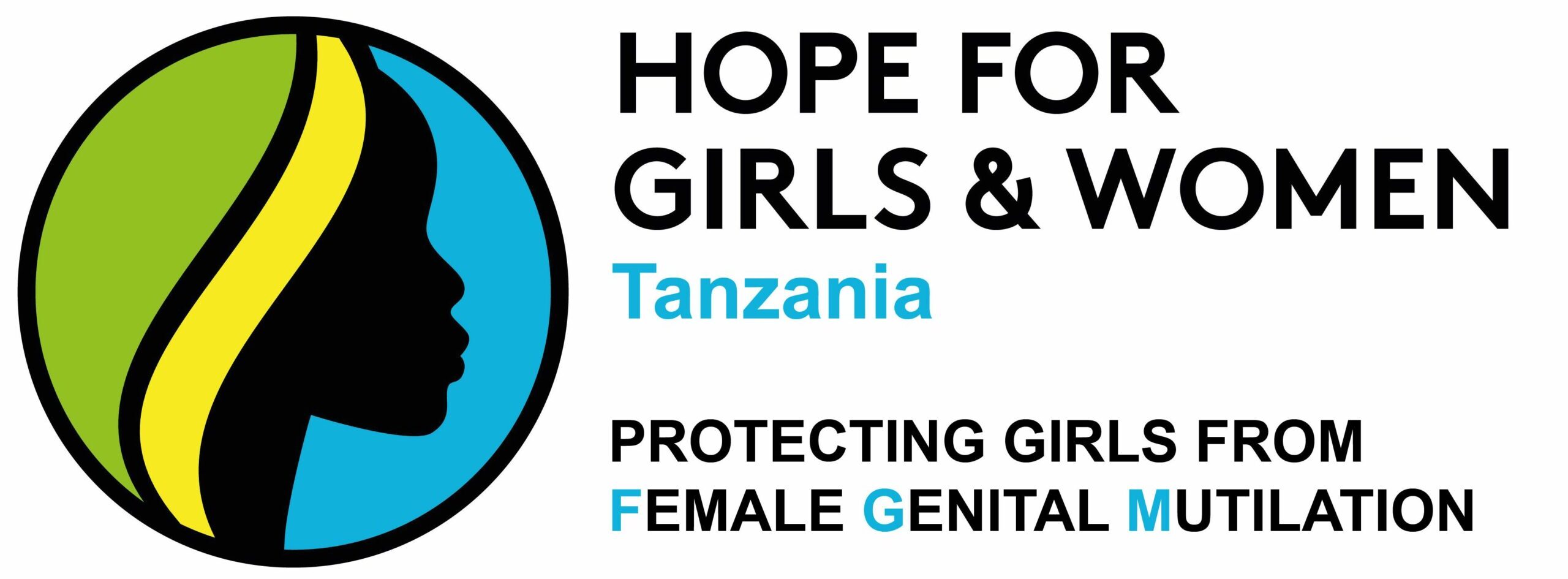Basic Structure
School in Tanzania lasts for 13 years and is based on the British system of education.
- Primary level (Standard 1 to 7)
- Secondary level has two categories: Ordinary Level (Form 1 to Form 4)
- Advanced Level (Form 5 and 6)
It is compulsory for every child who has reached age seven to be enrolled for primary education. Large populations of Standard 7 students leave school and do not go further, and many others do not complete their primary education.
Many students in Tanzania leave secondary school at Form 4 or earlier for a variety of issues. If a young person becomes pregnant, they must leave school and Tanzanian law says that they may not return. Some of the reasons are family and cultural pressure to stay at home and care for siblings or work in the shamba (field), lack of school fees, and a system that does not support all levels of accomplishment.
For those who do go on, there is a large time gap lasting 9 months between the end of Form 4 and the start of Form 5. Students are awaiting the results of national exams and placement in schools. This a very vulnerable period for girls. During this time, there are many young people looking for work. Vocational school participants are often youngsters who have left after Form 4. Some students who have the resources will have private tutoring during this break called pre-Form 5 Prep. Many seek out private computer courses to keep busy and relevant. Others try to start small business or seek some type of work experience.
Instruction Language
Public primary schools are taught in kiSwahili and private primary schools can be taught in either English or kiSwahili. There is an advantage to being introduced to English early because students will be better prepared for secondary school, which is taught in English.
National Exams
NECTA (National Examination Council of Tanzania) runs country-wide exams at the end of Standard 7 and Forms 2, 4 and 6. The “Leaving Exams” at the end of Standard 7 and Form 4 are a milestone and big hurdle for further education. Many young people are left behind if they do not perform and have limited educational avenues. The results of these exams, which require a lot of revision and memorisation of learnings, will determine what school they can enter, if indeed they get a position at all. If you have performed poorly in Form 4 for example, you are assigned a lower priority school, or do not get a school placement. If your family is able and willing, the only option in this case is to pay for private school.
Repeating a level at school is common and it is not unusual for students to repeat multiple times until they get the marks that allow them to go on. This results in a wide range of ages in a particular classroom. For example, in Form 6, ages can range from 17 to 21 years.
A score of Division 1 is the highest, followed by Division 2, 3 and 4. Division 0 is failure. A student is awarded a Division score at the end of Form 4 and Form 6. Those who earn Division 1 in Form 4 will most probably be allotted a spot in a prestigious school in a large city. Many private elite schools will also be options. Similarly, if a student gets a Division 1 in Form 6, they will have a greater choice of university and course selections.
Paying for Education
Public education is free in Tanzania in terms of school fees. However, families must pay for uniforms, books and other expenses (sanitary supplies, for instance) which often is a heavy burden for them. Families who have the resources generally support children to go to private schools.
Boarding vs. Day Schools
Boarding schools and day schools, public and private, are for both primary and secondary students. In the public system, it is most common to see Advanced Level boarding schools for young people who have strong Form 4 results.
Subjects Studied
Mandatory subjects in Ordinary Level include kiSwahili, English, Civics, Biology and Maths. Mandatory subjects in Advanced Classes include General Studies. In the advanced years, there are ‘combinations’ of three topics studied. Some are science based (for instance, PCB which stands for Physics, Chemistry and Biology), and others are arts based. Students choose them depending on their strengths and the field of study they want to pursue after school.
There are religious schools that also have religious studies. It is not uncommon to see people of all different religions going to specific religious schools as there is high level of religious tolerance in Tanzania.
Computer subjects are seen as very important, though many schools do not have computer labs, or students have little access to a computer so they have limited practical experience. This can be a great barrier to employment, so many youths leave school and seek out work experience to gain and practice computer skills.
Many important topics are not touched upon at school. This includes health and menstrual hygiene, leadership development, communication issues, budgeting and entrepreneurship etc. School is usually didactic and rote learning methods are common.
Learn more here about some of the girls requiring sponsorship at Hope
